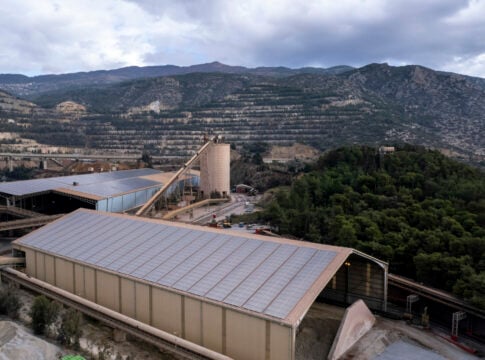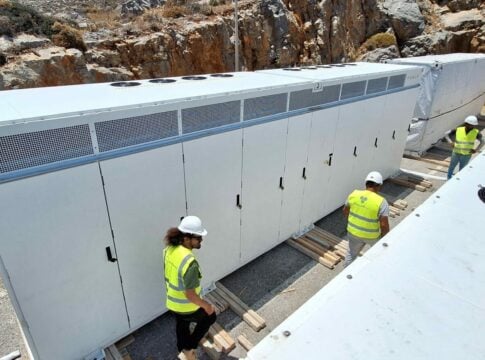Greek Finance Minister Euclid Tsakalotos on Tuesday dampened any hopes of across-the-board reductions in Greece’s unpopular property tax (ENFIA), telling deputies elected with ruling SYRIZA party that 67 percent of property owners in the country would see no change in rates for this year, compared to 2017.
In fact, the numbers he presented actually show that 15 percent of property owners will actually face increases in the tax. The “silver lining” was that 18 percent of property owners would see a reduction. Some of the property tax hikes, moreover, will be imposed on districts considered as more working class, in most cases a 20-year increase.
Fully abolishing the property tax, applied by a previous coalition government, was rallying cry of radical leftist SYRIZA while it was in the opposition prior to 2015. After shambolic negotiations with creditors in the first half of 2015, however, not only did the leftist-rightist coalition government maintain the tax, it expanded it.
Asked about another political “hot potato” that the Tsipras government is facing dead one, namely, another round of cuts to the country’s social security system as of Jan. 1, 2019, Tsakalotos was evasive, saying it was an “inopportune” time to discuss the specific issue.
Although already passed into law by a Parliament majority, essentially MPs backing the current “strange bedfellows” government, the latest pension cuts in 2019 will coincide with a general election in the year, a prospect that is dreaded by the poll-trailing coalition.
In other points in his briefing, Tsakalotos again expressed opposition to the prospect of a precautionary credit line after the current bailout ends in August 2018.
He merely noted that the issues at hand – in the Eurozone setting – were debt relief and post-memorandum supervision – two fields where European creditors, especially Germany, are still not in agreement with the IMF.
In presenting the Tsipras government’s aspiration, he cited a 10-year extension of loan maturities.














